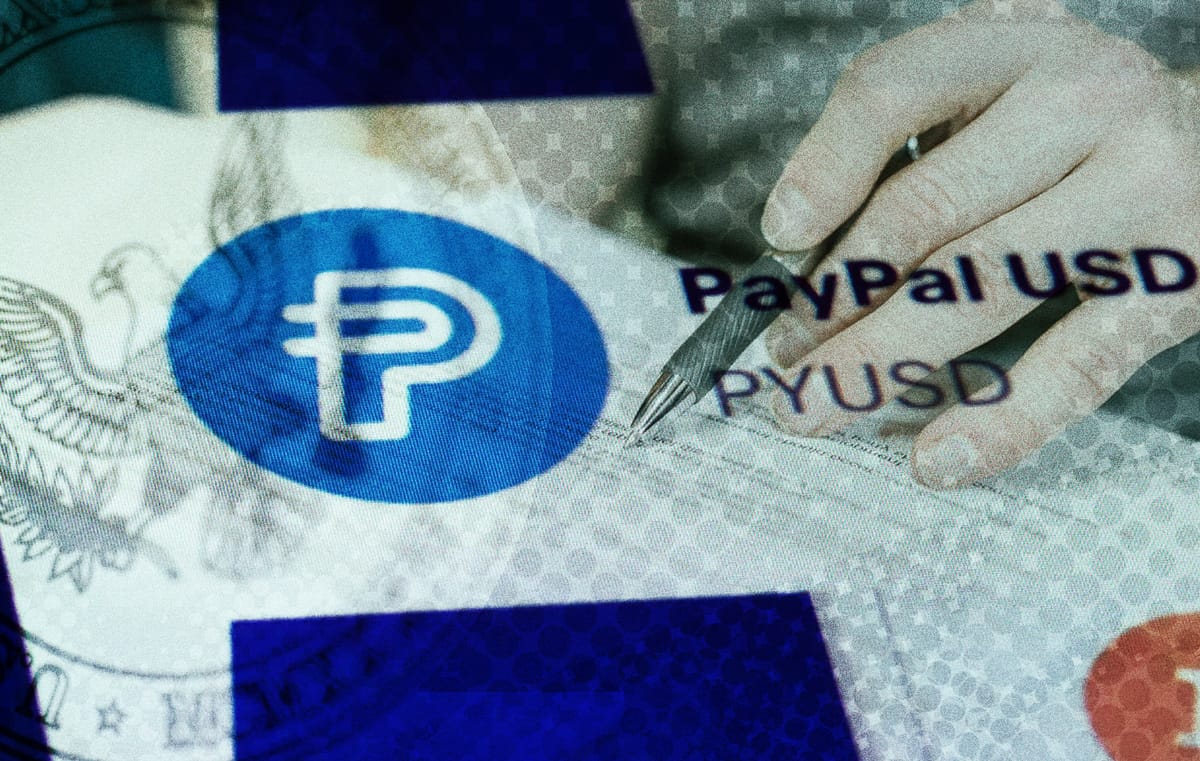
PayPal has announced that it was subpoenaed by the SEC's Enforcement Division on November 1, regarding documents related to its U.S. dollar-backed stablecoin, PayPal USD. The request was mentioned in the company's latest quarterly earnings report. PayPal has confirmed its cooperation with the regulatory inquiry, although specific details of the request were not provided.
PayPal was the first major FinTech player to launch a stablecoin, a move that was seen as a significant endorsement of cryptocurrency during a market downturn. The stablecoin, PYUSD, which runs on the Ethereum network, was initially introduced to users of its online payment platform in August, before it later became available on the company's mobile payment service, Venmo.
The company's foray into stablecoins has stirred apprehension in Washington, as it is reminiscent of the failed Libra project initiated by Facebook in 2019. U.S. regulators worry that a digital currency associated with a large tech entity could rapidly gain widespread adoption, potentially destabilizing the U.S. financial system.
PayPal's stablecoin has also exacerbated existing divisions in Congress concerning cryptocurrency regulation. Influential legislators like California Rep. Maxine Waters, the leading Democrat on the House Financial Services Committee, have expressed concern that passing a stablecoin bill could pave the way for big tech companies to dominate the emerging crypto sector.
PayPal first ventured into the crypto space in 2020, when it enabled its customers to trade digital currencies on the platform.
Can stablecoins really be securities?
Meanwhile, Ripple's Chief Legal Officer Stuart Alderoty has voiced concerns over a series of recent legal setbacks for the SEC under Gary Gensler's leadership. Following a defeat in the Fifth Circuit Court this week, which itself came shortly after Ripple's partial victory in the XRP lawsuit and the SEC failures in the Grayscale ETF case, Alderoty believes this highlights a worrisome trend.
He suggests that the SEC seems to be deviating from its duty to diligently enforce the law. Instead, Alderoty highlights the SEC's series of seemingly random and inconsistent legal strategies as a disturbing direction during Gensler's tenure.
Under Gensler, the SEC has continued to intensify its oversight of the cryptocurrency sector. This trend has included legal action against Binance's BUSD stablecoin in March, along with the latest moves against PYUSD. Both tokens are actually issued by Paxos under partnership agreements. But can a stablecoin really be considered a security?
The SEC might try to claim that PayPal and Paxos's partnership to issue PYUSD constitutes a profit-making enterprise and, thus, a security. However, according to the Howey test, these 'profits' must be derived mainly from the efforts of others, and the efforts here are clearly being undertaken by those making the profits. The holders of the alleged securities are not seeing any profits, due to the very nature of stablecoins.
Furthermore, stablecoins can operate similarly to financial tools like checking accounts or gift cards, which are not traditionally viewed as securities. The SEC's broad interpretation of what constitutes a security, based on the Howey Test, could blur the lines between various existing financial instruments and securities.
In September, Circle, the entity behind the dollar-backed stablecoin USDC, interjected in the SEC's lawsuit against Binance. Circle's argument was that the securities trading regulations should not be imposed on stablecoins because their value is anchored to other, pre-existing assets.
The core issue is determining the precise regulatory category for stablecoins and where to draw the line in defining securities, a challenge facing regulators, lawmakers, and industry players alike.

